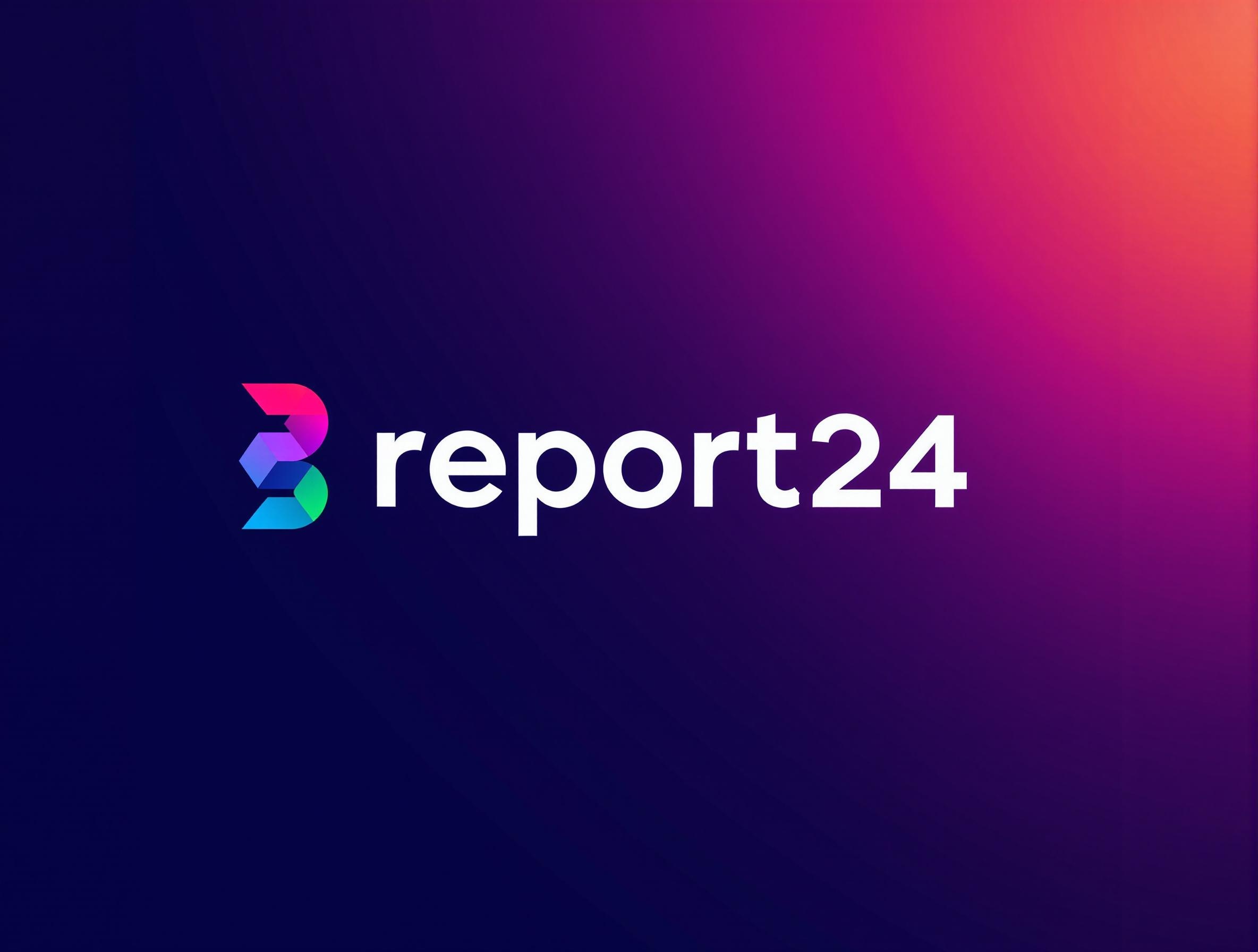Key Barriers for Emerging Talents in UK Sports
Emerging athletes in UK sports face significant barriers that hinder their progress. One of the most pressing challenges is the lack of sufficient funding. Many young talents struggle to secure financial support, which restricts their access to quality equipment, travel for competitions, and training camps. Without proper funding, maintaining consistent development becomes difficult.
Another hurdle arises from limited access to elite coaching. High-level coaching is often concentrated in specific regions or clubs, making it hard for many emerging athletes to benefit from expert guidance. This uneven distribution delays skill refinement and tactical understanding crucial for elite performance.
Topic to read : What Are the Economic Benefits of Major Sporting Events in the UK?
Furthermore, competition within UK sports is fierce due to the sheer number of athletes vying for limited slots on teams or professional pathways. This intense rivalry means that only a select few receive recognition and advancement opportunities, often influenced by geographic and socio-economic factors.
These combined challenges create a bottleneck effect, affecting emerging athletes’ ability to sustain momentum and reach the highest levels. Addressing funding gaps, expanding access to elite coaching, and broadening professional opportunities are essential steps toward nurturing UK sports’ future stars.
In parallel : How Can UK Sports Teams Improve Their International Rankings?
Balancing Academics, Careers, and Sporting Aspirations
Finding the right balance between school and sport is a key challenge for emerging athletes. Many struggle with tight schedules where academic commitments clash with essential training and competition times. This conflict often forces difficult choices, risking underperformance in one area to succeed in another.
Dual-career pathways aim to address this, but current institutional support in the UK remains limited. Schools and employers may lack flexible policies to accommodate the demanding schedules of athletes balancing education or jobs alongside their sporting ambitions. As a result, many emerging athletes experience stress, fatigue, and reduced focus, impacting their long-term development.
Effective time management for athletes becomes vital. Prioritizing tasks, setting realistic goals, and using structured routines can help maintain performance both academically and athletically. Some athletes also benefit from mentorship programmes that guide planning and stress management. Addressing this balance is essential; without proper support, talented individuals risk burnout or dropping out of sport before reaching their full potential in UK sports.
Mental Health and Well-being Pressures
Emerging athletes in UK sports face serious mental health challenges driven by high-performance expectations. The constant pressure to excel can lead to anxiety, stress, and burnout. Managing these psychological pressures is essential for sustaining long-term athlete well-being.
How do these pressures impact athlete performance? Elevated stress levels can reduce concentration and motivation, directly hindering training effectiveness and competition outcomes. In some cases, mental health struggles cause talented individuals to withdraw prematurely from sports.
Public scrutiny, especially on social media platforms, further intensifies these challenges. Negative comments and unrealistic comparisons amplify feelings of isolation. Athletes must develop coping strategies to navigate this environment while maintaining focus.
Support systems play a crucial role in protecting athlete well-being. Access to sports psychologists, counseling services, and peer networks offers invaluable resources. Unfortunately, availability of such mental health resources remains uneven across UK sports, highlighting a barrier that still needs addressing.
Promoting open discussions around psychological struggles and incorporating mental health education into athlete development can help normalize seeking help. Prioritizing mental health alongside physical training will lead to more resilient and successful emerging athletes in UK sports.
Navigating the Pathways to Professional Sport
Emerging athletes face a complex landscape of athlete development pathways in UK sports. These routes are often fragmented, varying significantly between disciplines. This inconsistency creates uncertainty for talents trying to progress from grassroots to elite levels.
How do talent identification systems work in UK sports? Typically, scouts and coaches assess athletes during regional and national competitions to spot potential. However, the process can overlook some athletes due to limited resources or biased selection criteria. Recognizing this, many sports organisations now deploy more systematic, data-driven methods combining performance metrics and psychological profiling to improve identification accuracy.
Progression to professional sport remains difficult. Not all athletes receive clear development plans or sufficient support to transition smoothly. Barriers include irregular access to elite coaching and insufficient exposure to higher-level competitions, which restrict growth opportunities.
Innovative programmes designed to streamline pathways are emerging across UK sports. These initiatives offer structured guidance, mentorship, and targeted training, addressing earlier barriers in funding and coaching quality. Enhancing these pathways is essential to ensure emerging athletes realize their potential and reach professional stages successfully.
Key Barriers for Emerging Talents in UK Sports
Emerging athletes in UK sports face critical barriers that often impede their progression. Chief among these is the persistent struggle with funding. Limited financial support restricts access to essential resources such as quality equipment, competitive travel, and training facilities. Without adequate funding, many athletes cannot fully commit to their sport or access the environments needed for elite development.
Access to elite coaching presents another substantial challenge. Top-tier coaching and specialized training environments are frequently concentrated in affluent areas or major centres, leaving many emerging athletes without regular exposure to expert guidance. This disparity slows skill enhancement and narrows opportunities to compete at higher levels.
Additionally, the intense competition within UK sports adds to these pressures. The limited availability of places on representative teams and professional pathways means athletes must outperform a densely talented pool, increasing stress and reducing chances for advancement.
Addressing these intertwined challenges—financial obstacles, restricted access to elite coaching, and fierce competition—is essential to break down barriers and foster the growth of emerging talent in the UK sports landscape.









